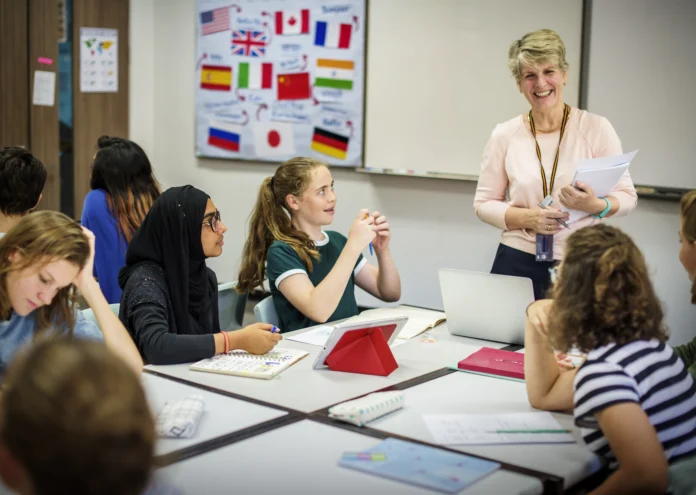Author: Rebecca Winthrop
Affiliation: Co-director – Center for Universal Education , Senior Fellow – Global Economy and Development
Organization/Publisher: Brookings
Date/Place: June 4, 2020/USA
Type of Literature: Article
Word Count: 2745
Link:https://www.brookings.edu/policy2020/bigideas/the-need-for-civic-education-in-21st-century-schools/
Keywords: USA, civic desert, civic life, civic education, 21st-century-skills
Brief:
Civic life, which is of utmost importance for the democratic form of government in the US, faces a decline across the country. According to a survey from 2016 led by Annenberg Public Policy Center, 1 in 4 Americans cannot name the three branches of government. Winthrop names political dysfunction, an actively polarized media, the growing mobility of Americans, and the “technological transformation of leisure” as reasons for the decline in civic engagement. The so-called “civic deserts” where 60 percent of rural youth are living are also mentioned as further reason for a low interest in the matter. According to the author, civic learning experts want to encourage schools to implement “21st-century skills” together with academic competencies, due to the fact that there is a demand by business leaders who not only want to have smart employees in math, reading, and writing, but also want employees who can communicate effectively, lead teams, can provide creative solutions to problems, and know how to handle the digital world. Winthrop further highlights the importance of social and emotional learning competencies which have an influence on STEM (Science, Technology, Engineering and Math), reading, and writing. But she criticizes at the same time that the “21st century skills movement” is missing to focus on social values, since it is not enough to work with someone but it is also necessary to respect the views of team members. Winthrop sees schools as important catalysts: they not only can teach civic knowledge and skills through classroom instruction where current events can be discussed, and media literacy skills can be developed, but can also bring together old and young people of the community. The author concludes that the “civic desert vacuum” must be filled through the engagement of schools and young people taking responsibility in passing this issue to the next generation.
By: Dilek Yücel-Kamadan, CIGA Research Associate




